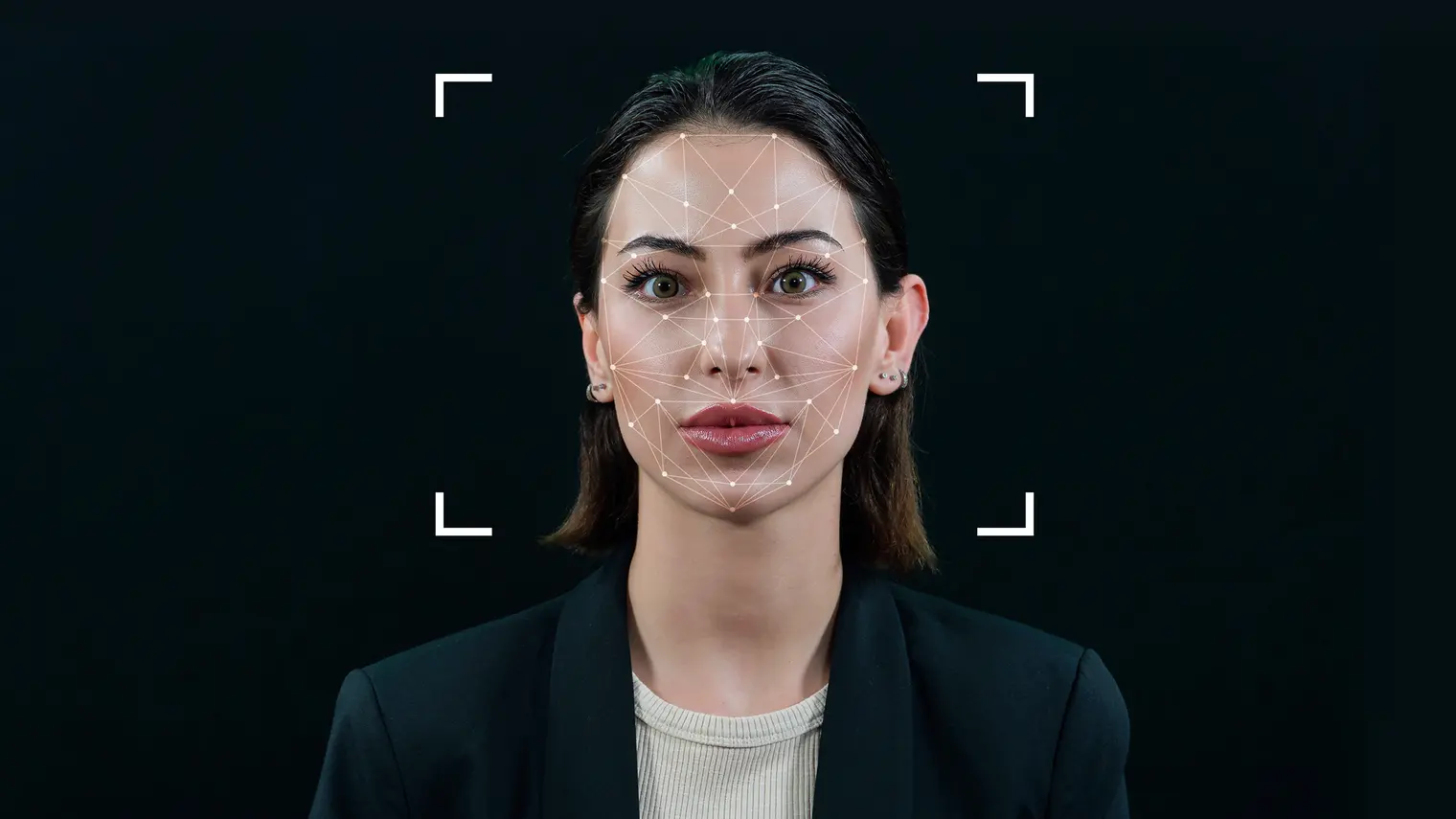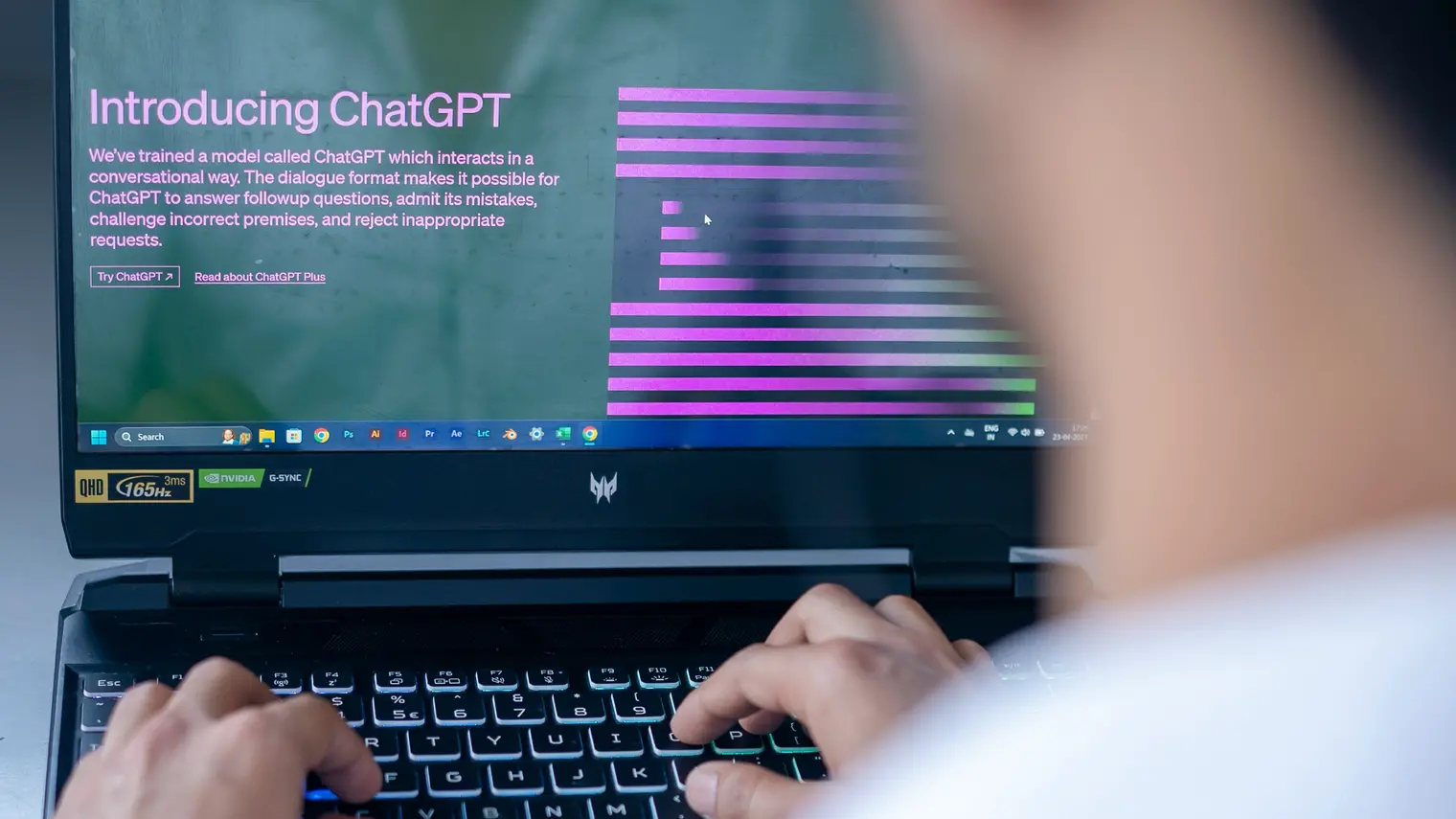
The public release of OpenAI's conversational agent, ChatGPT, has spurred a fast-moving wave of investment and interest in artificial intelligence (AI) development. From an obscure academic notion, AI has become in just a few months both a boon for companies and a concern for citizens, regardless of the hopes that such a powerful technology inspires. However, human rights are still crucially missing in global discussions on AI governance.
As one of the world's leading artificial intelligence research institutes, Mila has quickly positioned itself at the forefront of discussions at the intersection of AI and human rights.
In March 2023, Mila and UNESCO jointly launched a book entitled Missing links in AI governance on the urgent need to regulate AI in the face of unprecedented technological change. A month later, Mila's founder Yoshua Bengio and several members of the community signed a letter warning against what an unbridled development of the technology could bring.
The institute also organized the first summer school on responsible AI and human rights, followed by the first international conference featuring members of international organizations, civil society and numerous experts to advance the integration and protection of human rights in AI governance mechanisms.
Indeed, many players at the heart of AI management and development are mobilized, or at least listening. But the ways to improve the situation are not always obvious or concrete. In a context of unbridled technological development, solutions are urgently needed.
Among them, corporate accountability is key.
Integrating Human Rights in AI Development
While States have a primary obligation to respect human rights - particularly under the international framework -, the growing power of the private sector means that obligations must also be imposed on companies.
Indeed, this is the aim of the United Nations (UN) Guiding Principles on Business and Human Rights. However, these principles are not legally binding.
It is therefore essential that any new approach to the framework or implementation of human rights in AI should consider the private and public sectors in a complementary - even integrated - way, in order to achieve its objectives.
Moreover, there is an urgent need to create concrete tools promoting the integration of human rights in the development and deployment of AI systems, both within governments, businesses and research communities. While lawyers may be comfortable with human rights issues, this is not always the case for AI developers.
The latter must therefore have adequate tools at their disposal to ensure that the systems they develop and deploy respect these rights, which often remain abstract and complex.
One such promising tool is "human rights impact assessments", which define parameters and strategies for anticipating the impacts of AI projects on rights according to their specificities (type of AI, data used, degree of explicability, etc.) and sectors of application (health, education, immigration, etc.).
Once these impacts have been identified, the tools suggest the implementation of strategies to reduce risks to a degree deemed acceptable, before the AI system is deployed.
Quebec and Canada must equip themselves with such reliable and adequate tools to guide the AI community and better protect people's rights.
Above all, AI that is beneficial to humans -which must be the goal of breakthroughs in AI- cannot run counter to fundamental rights such as the right to life, equality or freedom. These rights are part of the backbone of responsible AI.
No right is absolute, and arbitrations between different rights within society, as well as between individual and collective interests, must sometimes be made. Learning to manage the tensions that exist between respecting these rights - such as those between respecting the right to privacy and the right to life, particularly in healthcare - is part of the challenge we face.
Human rights may not be as alluring as technological innovation, but they are one of our most hard-earned compasses that, unfortunately, remain under threat in our societies.





